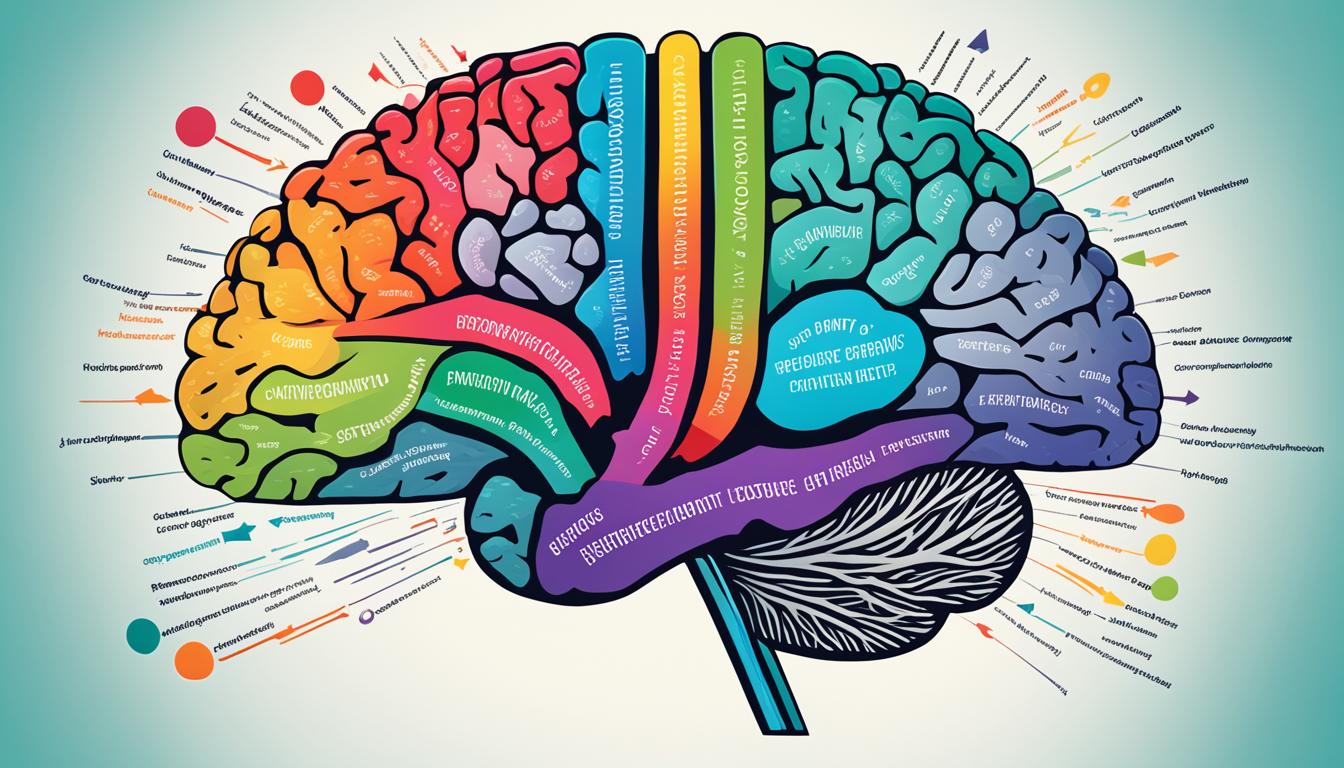As we commence our journey into the mysterious world of the INTP, it’s impossible not to contemplate the complex details hidden within the Universe of the Thinker.
From their insatiable thirst for knowledge to their unconventional approach to problem-solving, the INTP personality type presents a fascinating tapestry of intellect and innovation.
But what truly sets these thinkers apart from the rest?
Join us as we delve into the depths of their cognitive labyrinth, exploring the nuances that make the INTPs a breed of their own.
Key Takeaways
- INTPs excel in logical analysis and problem-solving, driven by a thirst for knowledge.
- Their unique thought process values independence, autonomy, and control in social interactions.
- INTPs gravitate towards science, technology, and creativity, showcasing a diverse skill set.
- Understanding the interplay of cognitive functions is crucial in decoding and appreciating INTPs' complex nature.
INTP Characteristics and Traits
Delving deep into intricate thoughts and ideas, INTPs exhibit an overthinking nature that fuels their insatiable thirst for knowledge and intellectual challenges. This personality type, identified by the Myers-Briggs Type Indicator as INTP, is characterized by a dominant function of Thinking (Ti). This logical analysis function drives their approach to understanding complex issues and seeking clarity in the midst of ambiguity. INTPs possess a remarkable ability to break down convoluted concepts into simpler components, making them effective teachers and communicators.
Their relentless curiosity and inclination to question established norms set them apart in various settings. When faced with problems, INTPs are adept at offering innovative solutions by approaching issues from fresh and unconventional angles. Their preference for autonomy in intellectual pursuits enables them to delve deeply into subjects of interest, often becoming experts in niche areas. This constant pursuit of knowledge and their analytical prowess make INTPs valuable assets in any discussion or problem-solving scenario, where their unique perspectives can lead to groundbreaking insights.
The Neuroscience of INTP Thinking

High activity in brain regions associated with complex logical reasoning, such as the prefrontal cortex, is a notable characteristic observed in INTPs when exploring 'The Neuroscience of INTP Thinking'.
INTPs, with their dominant Ti function, engage in comprehensive analysis to make logical decisions. When in arguments or debates, multiple brain regions in INTPs are stimulated, enhancing their analytical and critical thinking abilities.
This cognitive function allows them to constantly refine and expand their thought process, seeking deeper understanding and internal organization. INTPs, like other Ti users, thrive on independence in gathering information and hold themselves to high standards in beliefs and knowledge.
The intricate web of neural activity in the brains of INTPs supports their preference for logical reasoning and structured thinking. Understanding the neuroscience behind INTP thinking sheds light on how their Myers-Briggs® Personality type is intricately linked to their cognitive processes and problem-solving strategies.
Inner Control Vs. Outer Adaptability
Moving from the exploration of the neuroscience of INTP thinking, we now shift our focus to the delicate balance INTPs face between their inner need for control and autonomy and their outer adaptability.
INTPs are complex personality types, often wrestling with their desire for independence and self-regulation while also needing to navigate the demands of external environments. Here are three key insights into the interplay between inner control and outer adaptability for INTPs:
- Unique Thought Process: INTPs possess a distinctive way of thinking that sets them apart from others. This can sometimes lead to misunderstandings, especially in social interactions, where their unconventional ideas may clash with more traditional norms.
- Autonomy in Social Interactions: INTPs value their independence in social settings, often preferring to observe rather than actively participate. This need for autonomy can sometimes create challenges in forming connections with others, as they prioritize their inner world over external relationships.
- Work Environment Preferences: INTPs thrive in environments that allow them the freedom to follow their own methods and ideas. They often struggle in rigid, structured settings and prefer roles that enable them to express their creativity and problem-solving skills autonomously.
Fun Facts About INTPs

Among the intriguing characteristics of INTPs are the fun facts that shed light on their unique preferences and tendencies.
INTPs have a notable presence among college students studying foreign languages, showcasing their interest in diverse life experiences. Moreover, their inclination towards persistence in engineering school sets them apart from other personality types, emphasizing their dedication to mastering complex subjects.
In terms of occupational trends, INTPs gravitate towards science and technology fields, where their analytical skills and innovative thinking thrive. When it comes to leisure activities, they enjoy appreciating art and engaging with technology, highlighting their multifaceted interests.
This desire for creativity, originality, and financial success in their careers reflects their ambitious nature and drive for excellence. Overall, these fun facts provide a comprehensive glimpse into the world of INTPs, showcasing their diverse interests, strong work ethic, and passion for intellectual pursuits.
Decoding INTP Cognitive Functions
Deciphering the INTP cognitive functions unveils the intricate framework that governs their thought processes and decision-making patterns.
Key Insights:
- Dominant Function: INTPs prominently utilize Ti (Introverted Thinking) as their dominant function. This function enables them to critically analyze information, construct internal frameworks, and seek logical consistency in their thoughts and actions.
- Making Connections: Ne (Extraverted Intuition) serves as the auxiliary function for INTPs. It drives their insatiable curiosity, propelling them to explore various possibilities, make connections between seemingly disparate ideas, and generate innovative solutions to complex problems.
- Supporting Functions: INTPs also engage Si (Introverted Sensing) and Fe (Extraverted Feeling) as their tertiary and inferior functions, respectively. Si assists them in recalling past experiences and details, while Fe aids in understanding emotions and social dynamics, although these functions are less pronounced compared to their dominant and auxiliary functions.
Understanding the interplay of these cognitive functions provides profound insights into how INTPs navigate the world, solve challenges, and interact with others with their unique blend of analytical prowess and creative exploration.
Frequently Asked Questions
Is INTP the Rarest Personality Type?
Yes, INTP is indeed one of the rarest personality types, comprising about 3-5% of the population. The unique blend of traits and cognitive functions that define INTPs sets them apart as independent thinkers and analyzers.
What Is the Demon Function of Intp?
We struggle with our demon function, Fi, as INTPs. It challenges our emotional navigation and identity. Prioritizing feelings can be tough, leading to occasional outbursts. Integrating Fi brings balance to our inner world. However, learning to acknowledge and refine our Fi can lead to personal growth and a deeper understanding of ourselves. As we work through this struggle, we also become better at understanding the meaning of ‘bro‘ – not just as a casual term, but in its full emotional context of camaraderie and connection. Embracing our Fi allows us to harmonize our intellect with our often-neglected emotional depth.
How Rare Is an INTP Female?
INTP females represent a mere 2% of the population, showcasing their rarity. Despite societal challenges, these women offer a unique perspective in discussions. Their unconventional thinking and behavior enrich problem-solving scenarios, making them valuable contributors.
What Temperament Is an Intp?
We, as students of personality typology, recognize the INTP as a member of the Rational temperament. This group prizes intellect, logic, and innovation. INTPs, driven by a thirst for understanding, epitomize the Rational focus on strategic problem-solving.
Conclusion
In conclusion, understanding the INTP personality type is like unraveling a complex puzzle with endless possibilities.
Take the case of Sarah, an INTP who excels in problem-solving but struggles with expressing emotions.
By delving into the intricacies of INTP characteristics and cognitive functions, she gained a deeper insight into her strengths and weaknesses, enabling her to navigate social interactions and pursue a career that aligns with her analytical nature.
Deciphering the INTP is truly a journey of self-discovery and growth.









